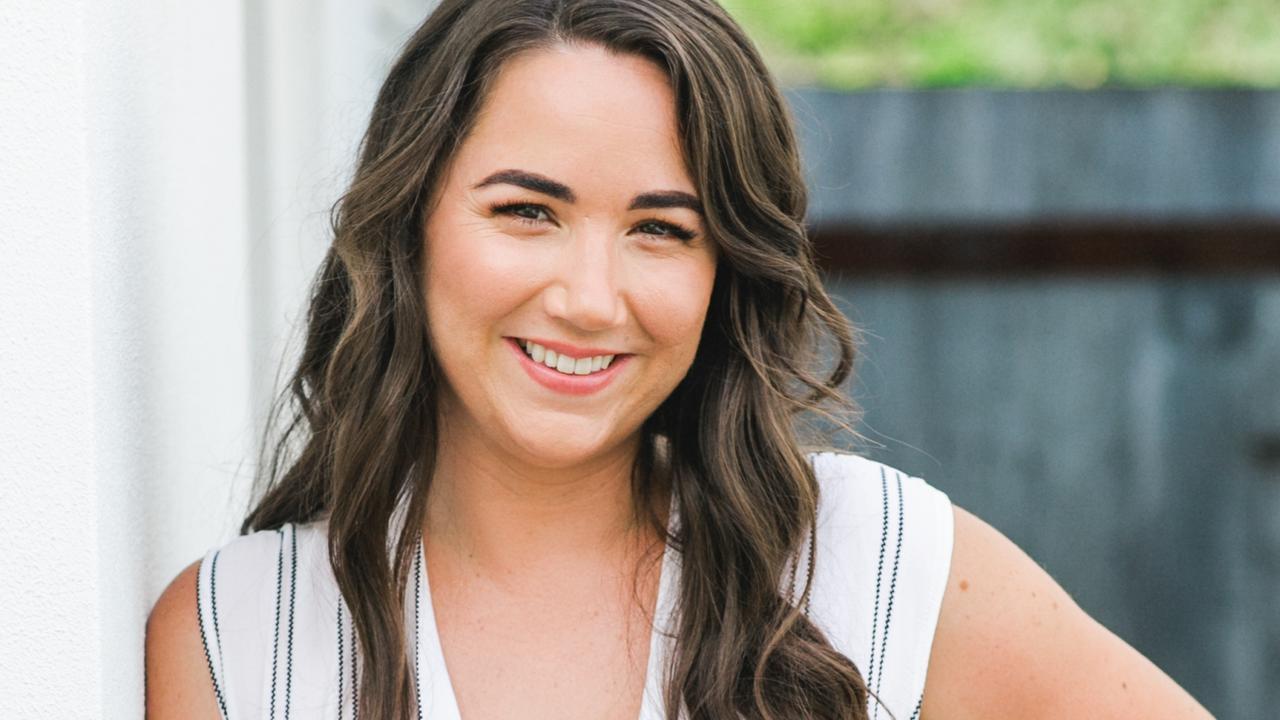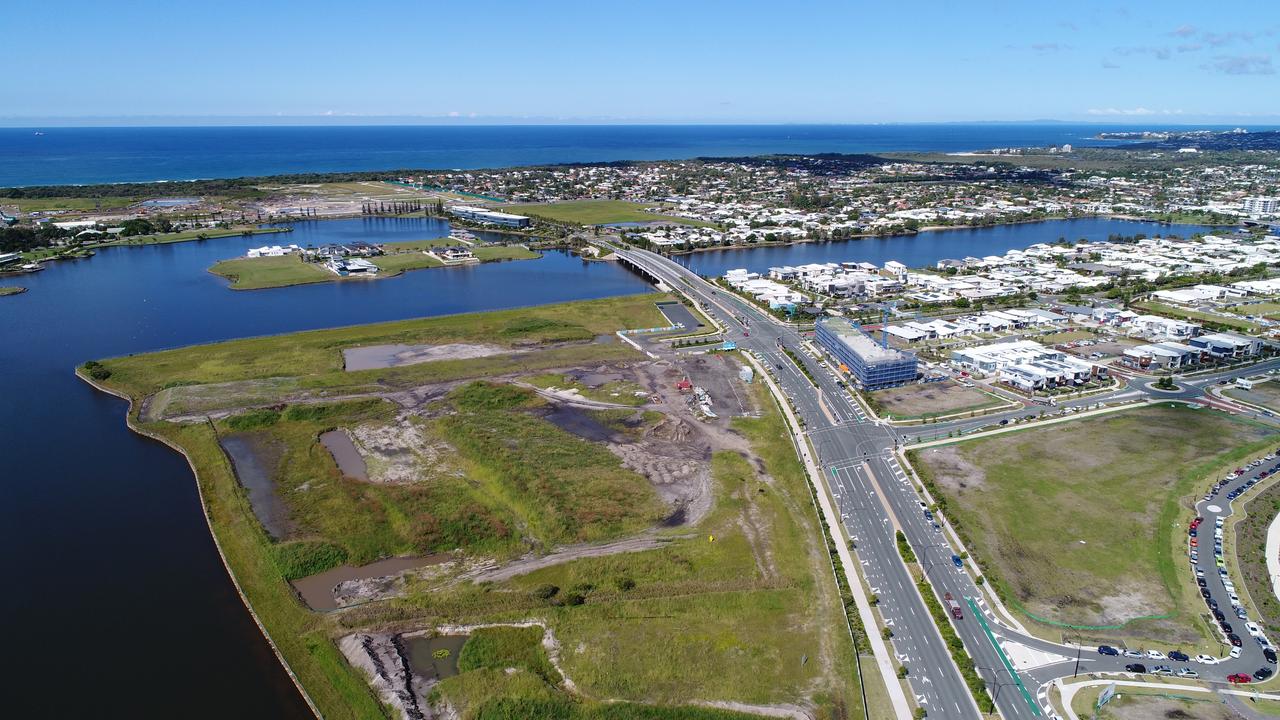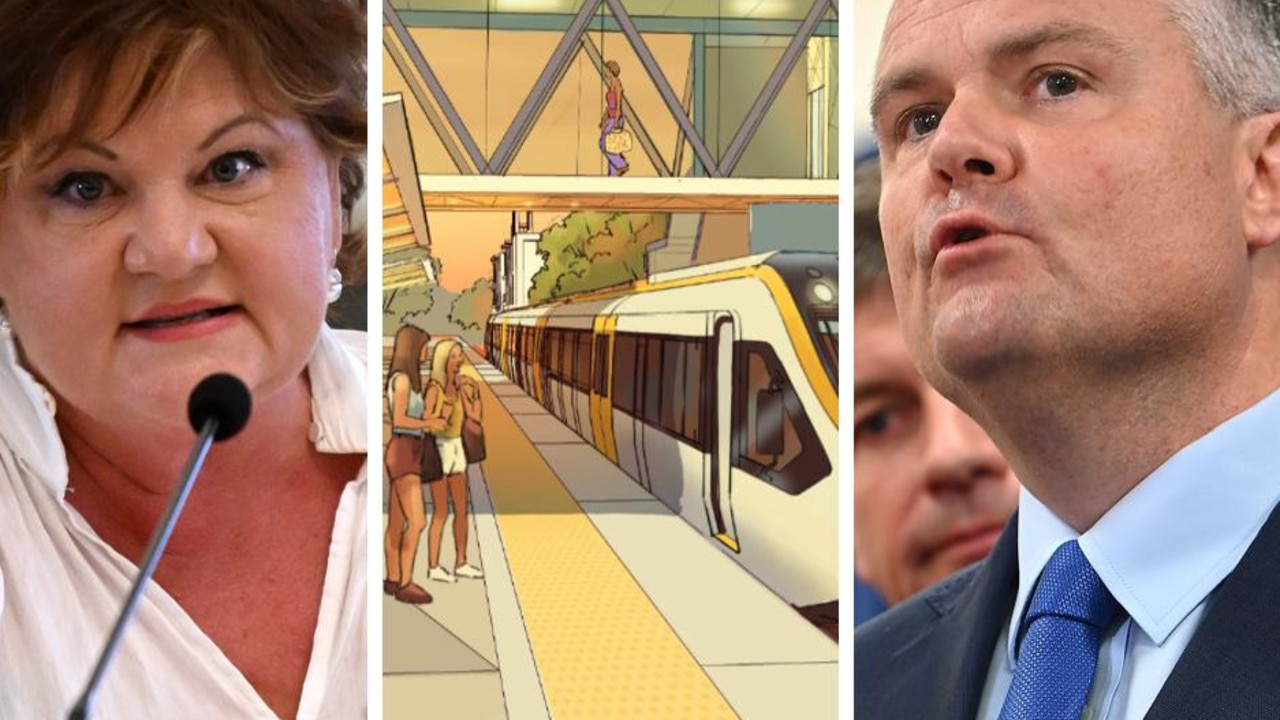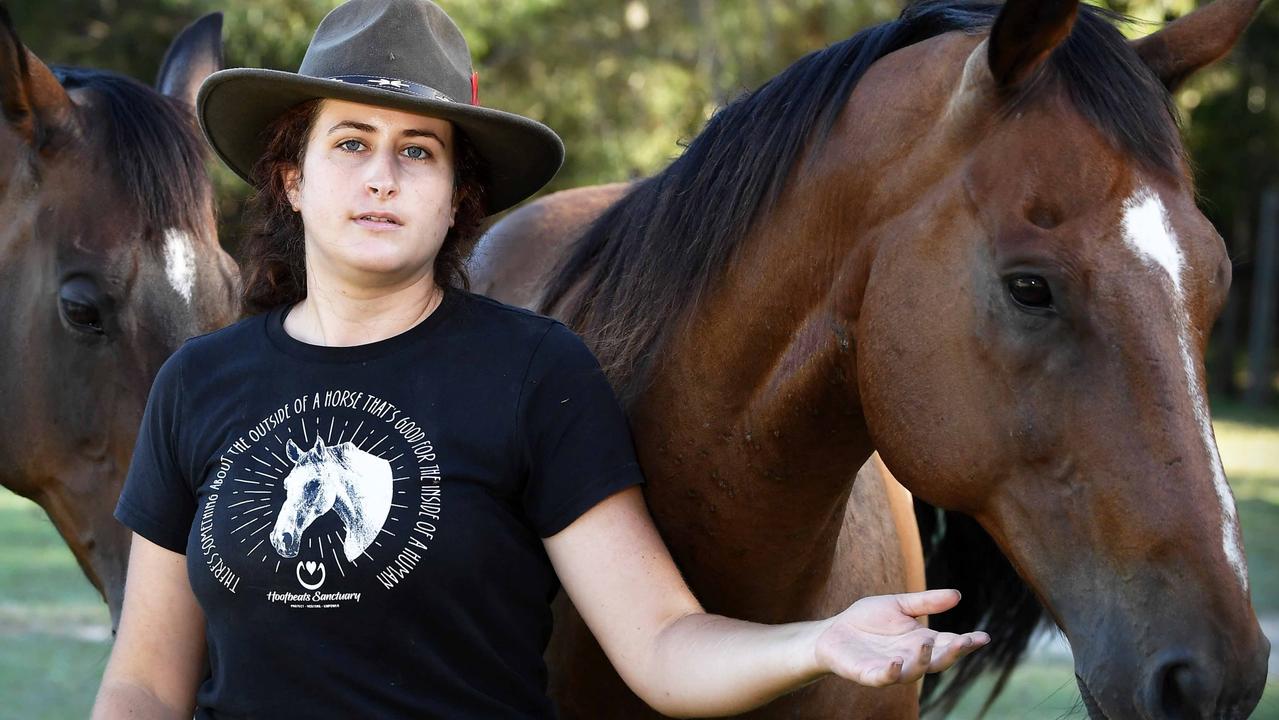Pinot & Picasso survives administrators, but Bundaberg studio closes
An Australian company with multiple franchisees across Qld is back in the hands of its directors after going into voluntary administration and rejecting two attempted buyouts.
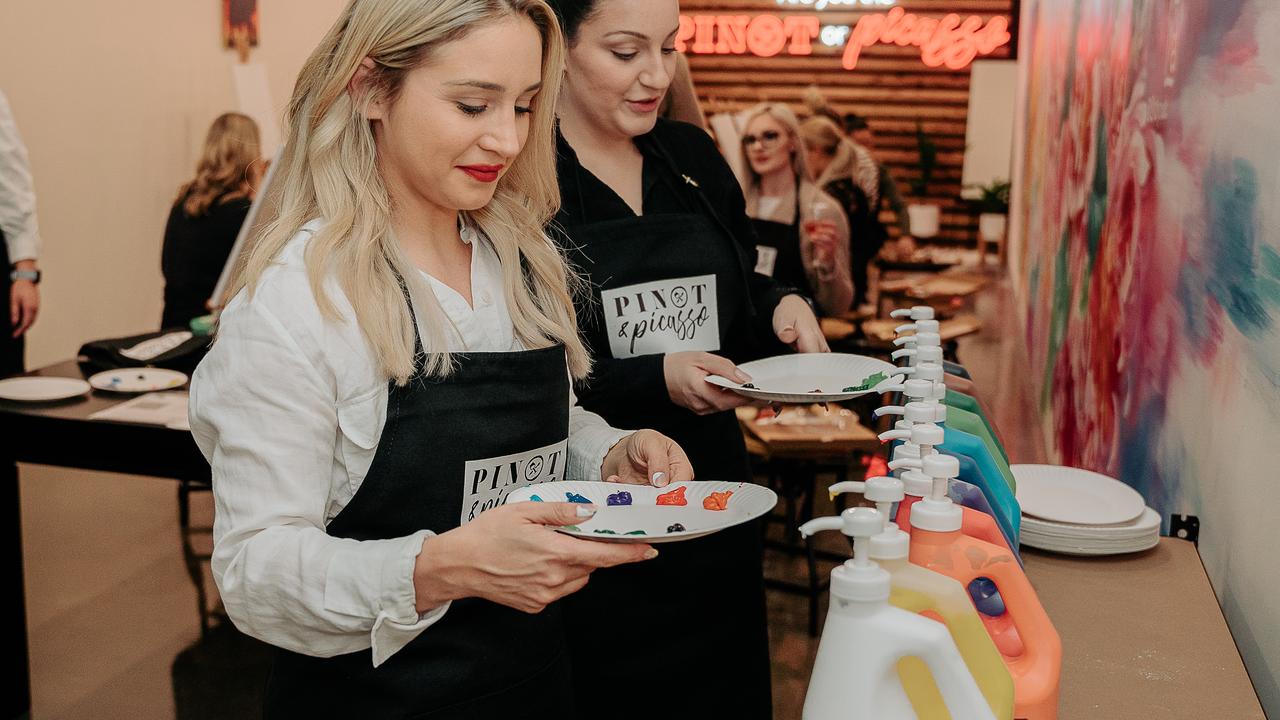
Business
Don't miss out on the headlines from Business. Followed categories will be added to My News.
Pinot & Picasso, one of the original businesses behind the “paint and sip” trend that swept Australia, has been put back into the hands of its directors after going into voluntary administration in September 2024, owing the tax office more than $2 million.
Control of the company was returned to its directors in mid-October, but one of its studios will not reopen, citing a decision to not renew a costly lease on its Bundaberg premises.
Pinot & Picasso still has studios in multiple locations across Queensland according to its website, including Buderim, Brisbane, Ipswich, Redcliffe, Townsville and the Gold Coast.
Known for its relaxed painting sessions paired with wine, the business expanded rapidly after 2019.
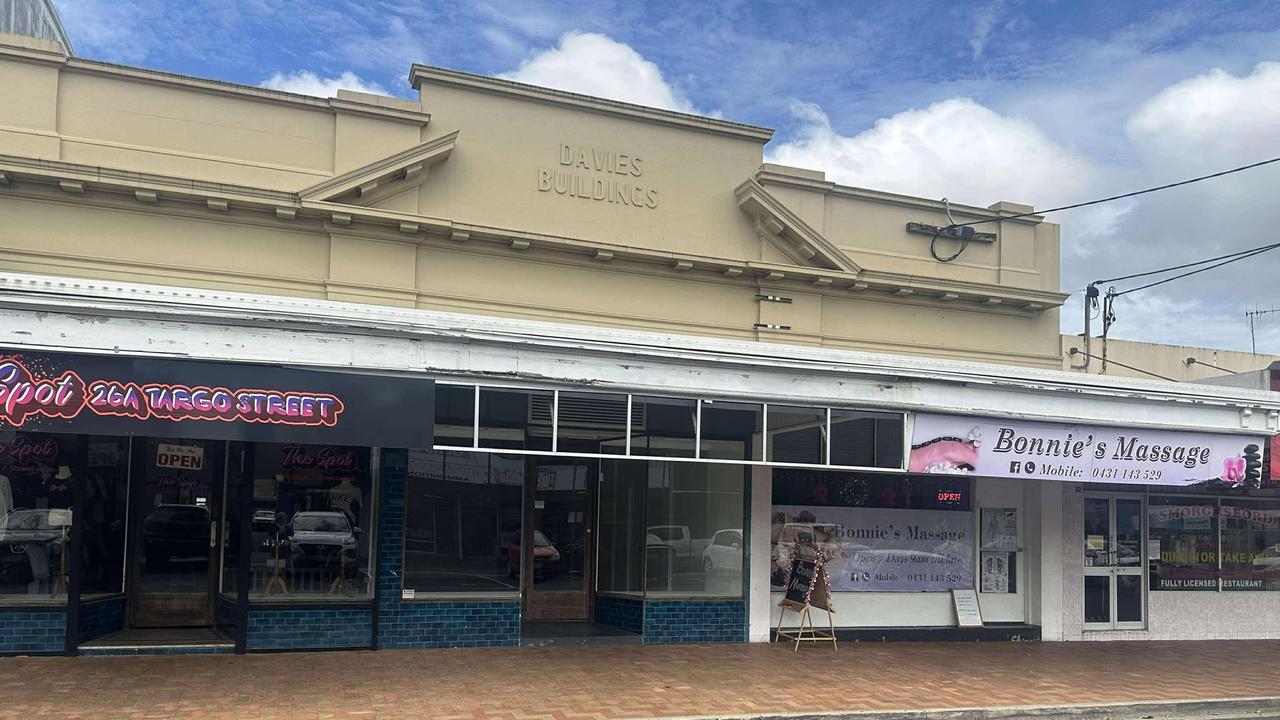
A studio opened in Bundaberg in 2021 by Chris Haggarty and his wife Louise, but has closed this month, with its owners selling off the white goods.
A spokesperson for the Bundaberg studio said they had decided to not renew the lease for that particular location.
Despite this, Pinot & Picasso continues to operate with 42 franchise locations across Australia and New Zealand, and the parent company directly managing seven of those stores.
Documents lodged with the Australian Securities and Investments Commission revealed that Sule Arnautovic of Salea Advisory had been appointed as the voluntary administrator for Veuve Ventures, the master franchisee of Pinot & Picasso.
The administrator was appointed to seven of the related companies behind the brand, while a parent company further up the chain of Veuve Ventures, Veuve Venture Holdings Pty Ltd, was not.
Following the administration, a Salea spokesperson confirmed that the affected companies entered a Deed of Company Arrangement, which allowed control to be handed back to the directors.
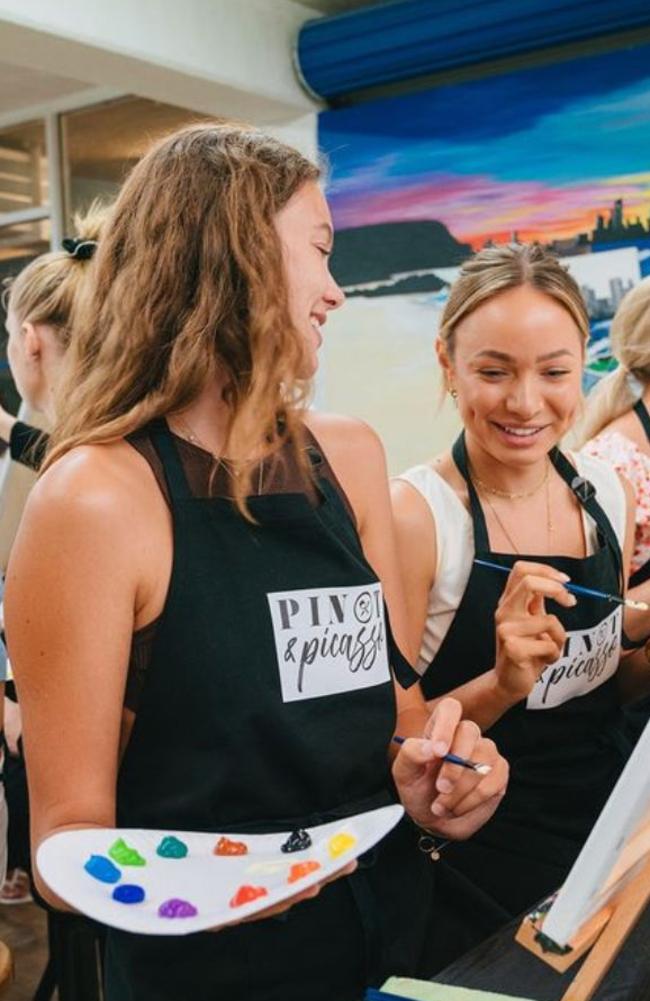
Salea Advisory stated that the administration was primarily due to a reduction in discretionary consumer spending, noting that Australians and customers in other regions were increasingly tightening their entertainment budgets.
This financial strain led to the company’s financial difficulties, affecting the broader business operations of Pinot & Picasso.
An administrator’s report lodged with ASIC by Salea Advisory in October 2024 revealed prior to the company’s appointment “there was a dispute from some franchisees as to whether (the parent company) was maintaining its obligations under various franchisee agreements and the Franchising Code”.
A notice of dispute was issued against the company by 18 of the franchises but no action was pursued following its entry into administration, the report said.
500 jobs gone as iconic fashion retailer shuts down
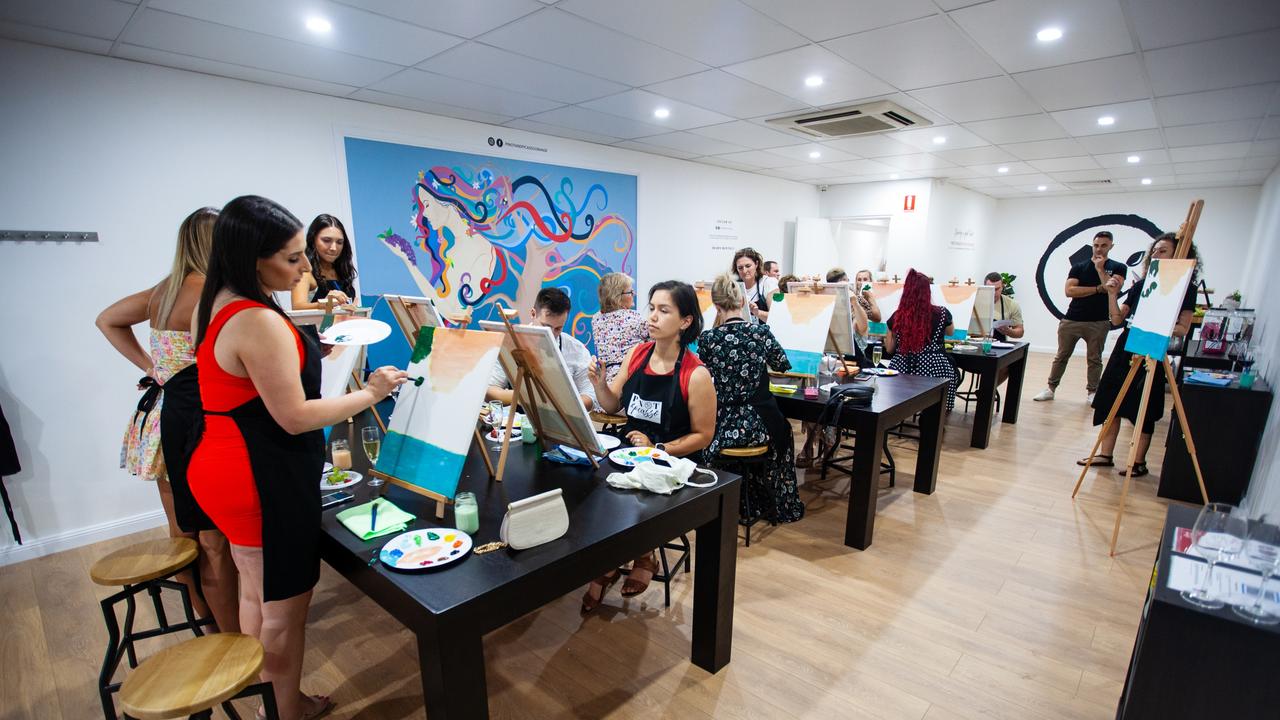
The drop in consumer spending left the seven companies placed into administration with “unmanageable” tax problems.
A total overdue tax bill of $2.16 million across the seven companies under review was reported by the administrators.
Initial investigations found the companies “may have traded whilst insolvent from at least July 2023, if not earlier”.
No finding of wrongdoing has ever been made against the companies.
Two offers to buy the Picasso and Pinot business were made by third parties during the administration, but neither went ahead after Veuve Venture Holdings Pty Ltd declined to sell its intellectual property.
These complexities made selling the businesses under administration “inherently difficult”.
More Coverage
Originally published as Pinot & Picasso survives administrators, but Bundaberg studio closes



